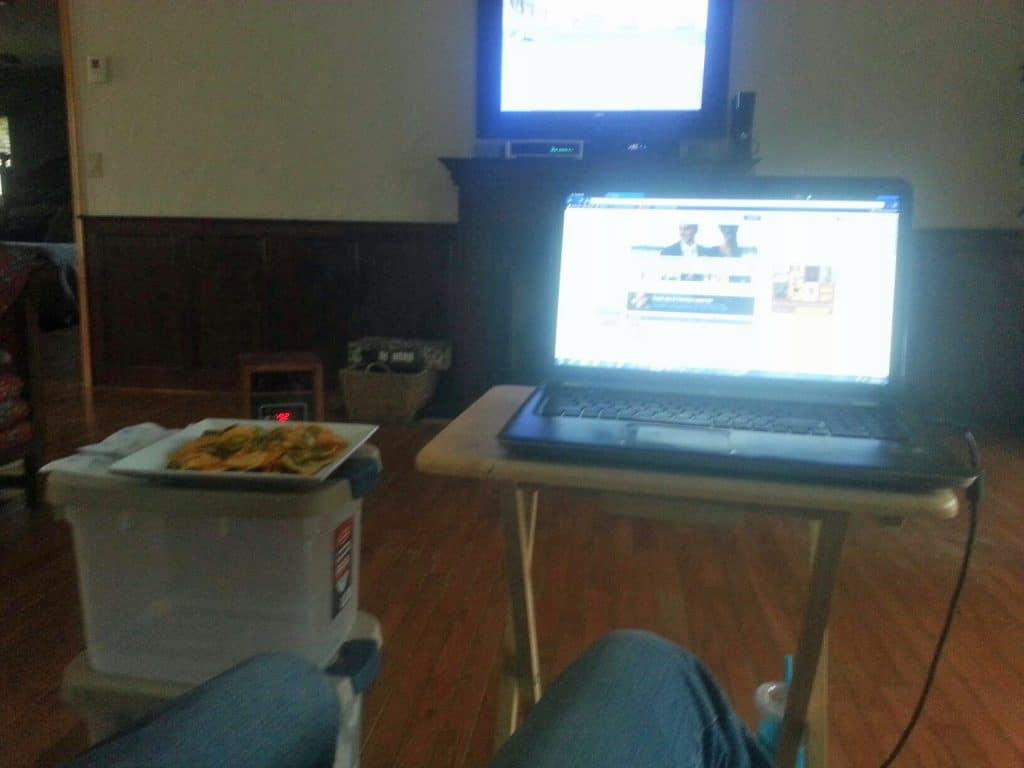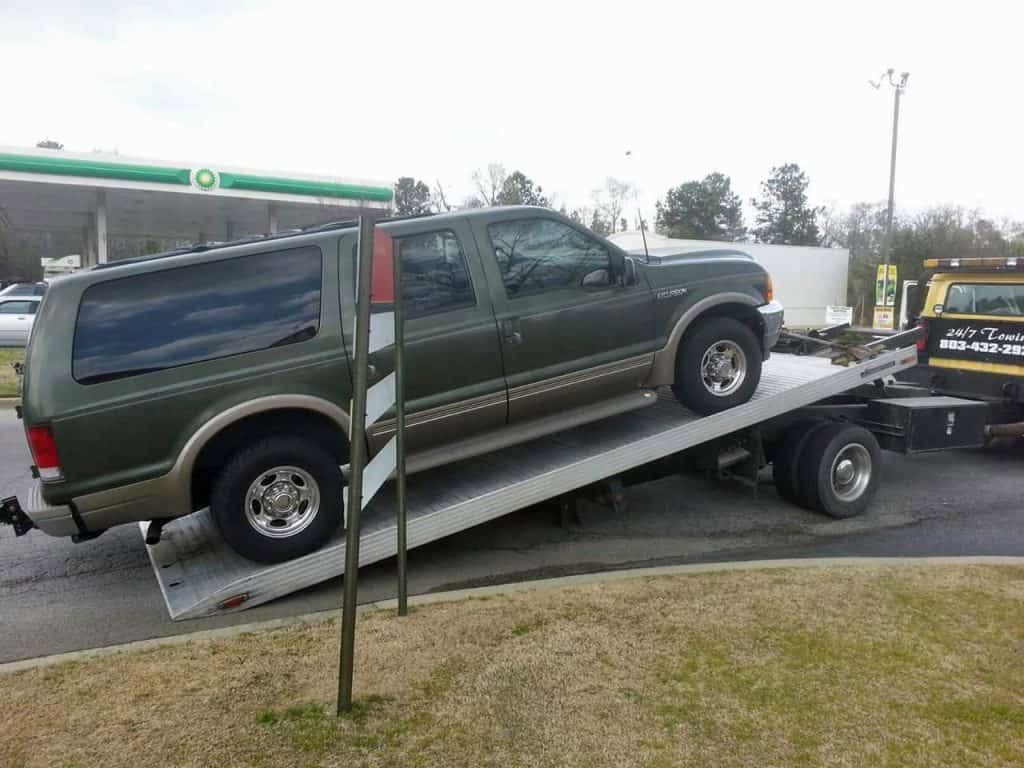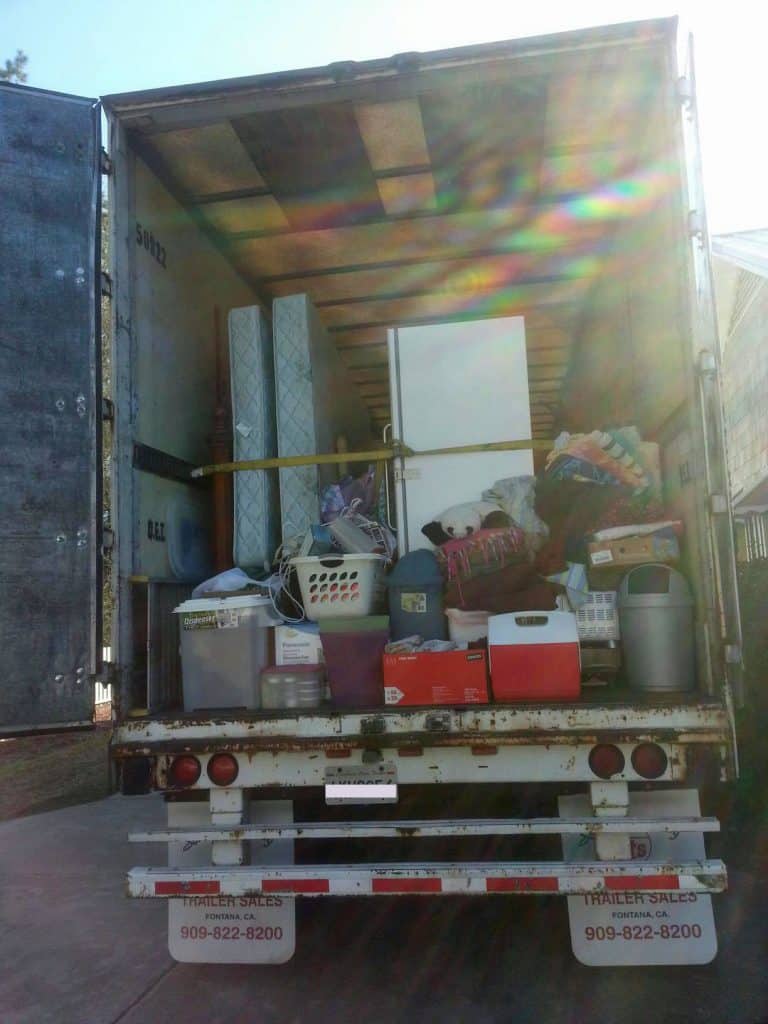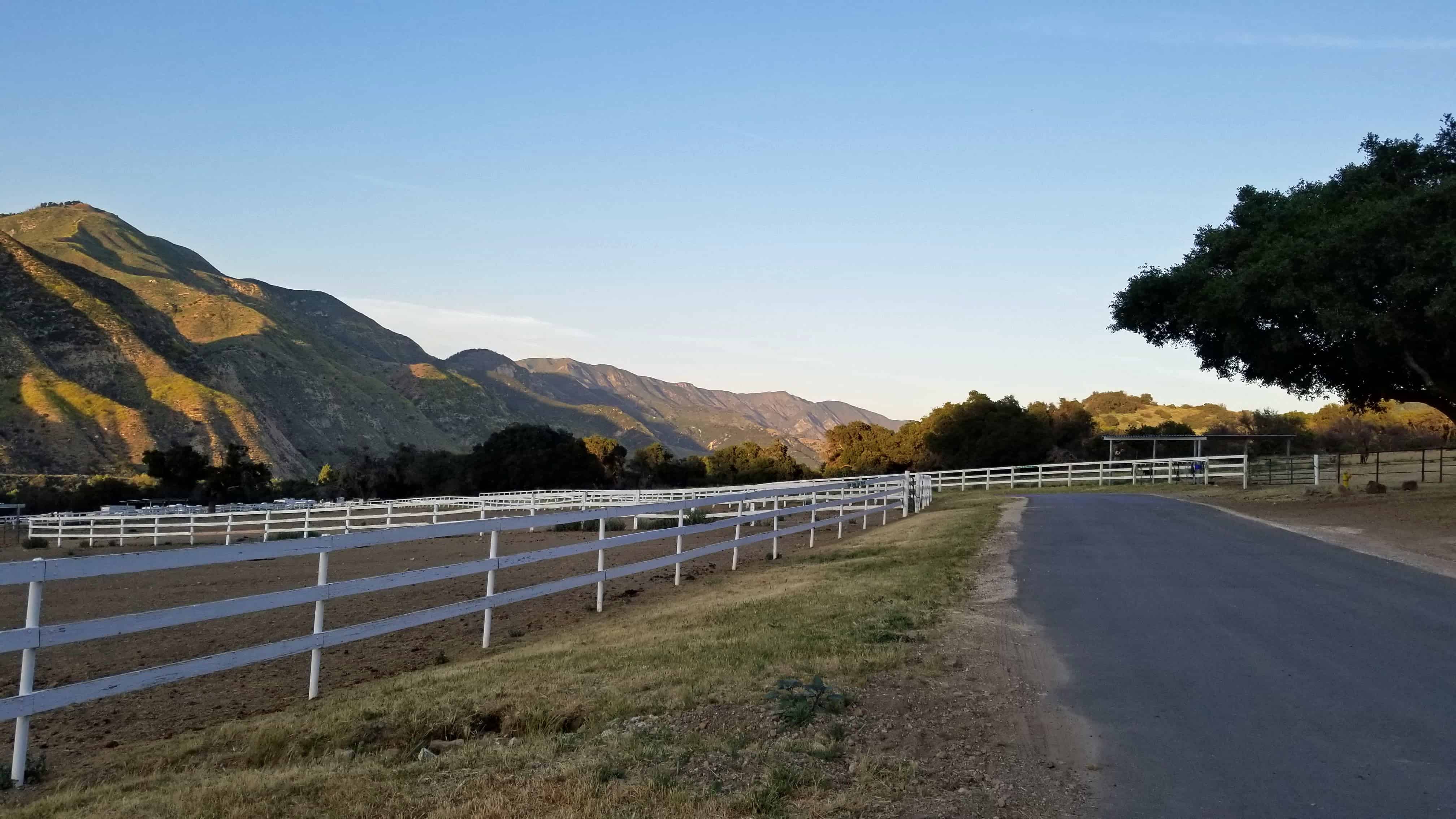Moving Cross Country: Prepping and Packing for the Big Move
Back in 2009, we had the bright idea of selling our house, quitting the husband’s job and transplanting the family in the South. We weren’t even sure where we were going to go entirely, but the idea of an adventure, of taking a leap of faith, of trying something new, was appealing. We pulled the trigger and before we knew it, we were packing up all our belongings for a road trip of epic proportion. Moving cross country isn’t easy on any scale, but when you’re doing it with a family, pets and numerous vehicles — and a ton of possessions you think you’ll need — it becomes an entity of its own. Keep reading for my road trip survival tips and how you can move your family cross-country while living to tell about it!
We did it successfully back in 2010, then three short years later, we did it again, returning to California. I don’t call myself an expert in much in life, but for this, I do. Life once you get there, I’m not so much an expert in that, but the move itself is a major project so I’m sharing my top tips on how to approach the move itself, take that road trip to your new home and arrive safely and sanely…okay, that last part, scratch that. I can’t guarantee sanity survives a 2700-mile road trip but safely and as smoothly as possible, I’m your girl. This is such a huge project, it’s worthy of at least two posts, so this first is solely about packing and preparation.
Plan, plan, and plan some more. Choose your destination carefully. Don’t fly blind. Research everything, from the school programs available (especially if you have a kid on an IEP or 504 plan), the prices for your favorite foods at what would be your local grocery store, the insurance rates on your vehicles and property to what your neighborhood would be like at 7am, 12pm, 3pm, 5pm, whatever time of day you and your kids would be at home or on the road. Maybe even consider not selling your previous home until you know you’re going to want to stay put, or rent when you arrive rather than buying.
Write down your schedule in a cheap planner from Target and remember, nothing about the sale of a home or moving is 100% set in stone. Give yourself a little breathing room, even if it means you have to spend a couple of days at the local KOA in your RV or at a hotel enjoying the pool. If you have to leave at a specific time to take ownership of a home or to start a new job, leave a couple of days early. More on that later.
Give yourself plenty of time for this. In fact, as soon as you make the decision to do it, start packing and purging. Start with those huge piles in your garage. You’ll need that space to start stacking boxes once you’ve packed and closed them up. (And label them – be specific about everything that’s in those boxes.)
Look at it not just as downsizing things you keep meaning to get rid away, but you’re also helping stage your home if you’re putting it on the market. You can have a big garage sale, if you’ve got a really good grip on your sanity and patience, or you can take multiple trips to the local donation site. (And save those receipts as they can be a significant tax deduction!)
Allot at least one afternoon a week to pack and purge. Getting it done early will alleviate stress later. Trust me on this. All that crystal you dust once every six months before you put it back in the china cabinet? Pack it up.
If you’re not using it now, pack it or purge it. Chances are, it’s not going to be something you’ll need immediately at your destination either. The reality is that you won’t necessarily have access to those things until you’re settled anyway, so if you have to have a certain bowl for your Christmas dinner in your RV, put it aside in a pile and pack it last. Save a few boxes for that pile, as it will grow, and put them aside to be near the door of your moving truck.
Once you’ve gotten all the extraneous things you don’t need on a daily basis packed, start strategizing what you absolutely will need. You’ll definitely need clothes, but if you’re arriving to the Carolinas in July, you won’t need six pairs of boots and two winter coats. Your pile of Things I Will Absolutely Need will be big; cut it in half. Think about how you’re transporting this and where you’ll store it when you arrive.
In our case, we bought a 53’ trailer and had it brought to our home each weekend. The husband had a sheet of graph paper with a very detailed and measured map of how our trailer would be packed. It worked, but you don’t need to go to that extreme if you don’t want to. Since we own the trailer, we knew we’d have a little more flexibility on unpacking it, as we’d planned on parking it in an accessible spot until we could unpack it completely.
Pack the boxes you’ll need last into the truck first, along with the furniture and whatnot you won’t need immediately. Use all the space you can, as it will fill up much faster than you think.
When it comes time to actually make the move, you should be down to just things you need to live on a day-to-day basis. At that point, we used a combination of paper products and things we could throw into the RV and use on the trip, like inexpensive plastic plates and utensils. Or mason jars for that last-minute champagne toast with your realtor when you sign closing docs. And keep some of the bubbly handy. Moving cross country is already stressful enough, take a break to enjoy the milestones along the way.
And be okay with your living room looking like this badly-lit photo displays: tv trays and storage bins so you can work and eat dinner. Check out those fancy nachos, a meal we threw together to use up food. (You’ll get really creative those last couple of weeks!)
Keep the receipts from your moving expenses, such as boxes and packing supplies, in case you’re able to use them on your tax return. In our case, we moved back to California for a job, so we were able to deduct certain things.
Look on apps and local selling organizations for boxes. Many people will give them away when they’re done if you’re willing to pick them up. Collect shoe boxes from friends; do not just pour shoes into one big box and let it sit in a warm space. I won’t even go into how I know that. Shoes are best stored in separate boxes if at all possible.
If you’re traveling in your RV, put aside the things you’ll be moving into it. For me, this pile started with my Keurig and my KitchenAid stand mixer. We knew we’d be in the RV for a little bit and I wanted to have life as normal as possible. Living in a small space with a large family is a challenge, so pack things that will make you comfortable. I even took my nice Cuisinart stainless steel cookware, and bakeware that I’d made sure would fit into the small oven.
Get the vehicles inspected for any issues, and have your tires checked. Make sure your insurances are all up-to-date, and trust me on this, for the love of all things travel, get the biggest and best roadside service plan you can get. AAA is wonderful, but there are limits on when you can upgrade so make sure you do it in advance, not when you need it or immediately after. Having a long towing limit can be worth the cost of the membership in itself.
I’m not in any way suggesting you start accruing credit card debt, but if you can, have at least one card open and available prior to leaving. You just don’t know what you’ll need to purchase on the road, like $500 for a fuel pump on Easter Sunday.
Start your important paperwork collection. Buy a sturdy folder and fill it with birth certificates, passports, bank information and insurance policies. You’ll need these to get a driver’s license after you move, amongst other reasons. Add in school paperwork and report cards, anything you’ll need to register them on the other end.
Another folder for your home paperwork will save you later on, when you’re waiting to get back deposits from utilities or your realtor calls because the new owner has a question. Put in your last bill for each utility and jot down when you closed the account, when it was shut off, if/when/where you returned cable boxes and what deposit you are owed. The loan paperwork will help in case the buyer’s bank is stupid and loses something, and you have to stop on the road to fax them something from your phone so they can finish funding the loan. (An app like CamScanner on your phone is invaluable.)
Get your prescriptions refilled, and if you can, get an extra month. You don’t know how soon you’ll have a new doctor. This goes for pet meds, too.
Before you know, you’ll be looking at this, in all its glory.
Get ready, here’s where the good times start! No, not really — you still have to plan the road trip itself, and pack up the cars/RV, but more on that in the next post. All I’ll say now is that you have to make moving cross country fun and make memories along the way!









